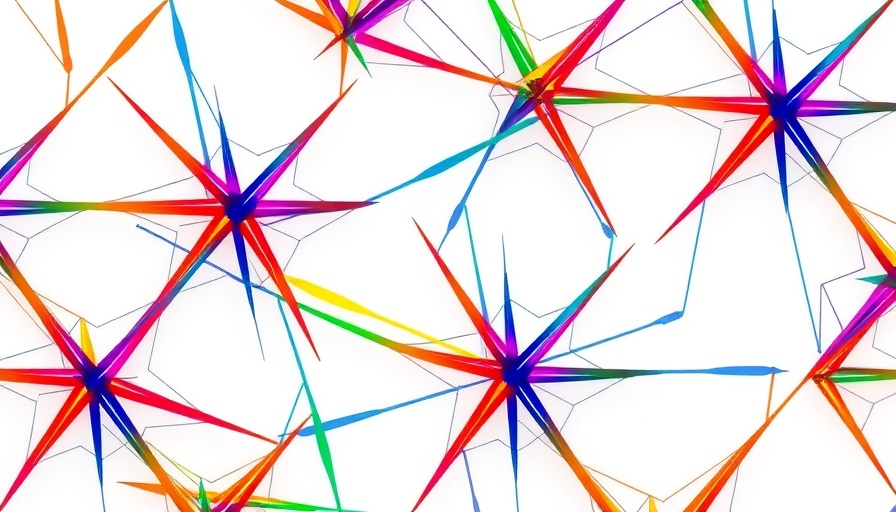
A Deep Dive into the Dark World of Conflict Minerals
The issue of mineral smuggling from conflict zones is far from new, especially in the Democratic Republic of Congo (DRC), where endless wars have been fueled by the high demand for valuable resources. The recent report from Global Witness sheds light on how EU companies, notably Traxys, are allegedly involved in the trade of coltan—a crucial mineral found in electronic devices—sourced illicitly from the DRC via Rwanda. With the rise in coltan exports from Rwanda ostensibly due to Nigerian mines rather than illicit practices, the reality may be much more complex.
The Power of Accountability in Supply Chains
While Global Witness calls for immediate cancellation of EU-Rwanda agreements, the broader problem lies in the accountability of all parties intertwined in the mineral supply chain, from miners in conflict zones to multinational corporations. Given that firms like Apple and Boeing stand to benefit from low-cost mineral sourcing, the pressure for ethical sourcing becomes critical. Policymakers are now being urged to ensure companies adhere to the OECD Due Diligence Guidance for ensuring minerals do not fund conflict.
Impact on European Trade Relations with Africa
The situation brings into question EU trade policies and their effectiveness in mitigating unethical practices. As the EU seeks to secure a stable supply of critical raw materials like coltan, the balance between economic interest and ethical sourcing becomes delicate. The growing scrutiny on companies sourcing minerals from conflict zones may lead to significant adjustments in Africa-EU trade relations, prompting a reevaluation of how such products are acquired.
Future Predictions: A Shift in Global Supply Chains?
As awareness surrounding the risks of conflict minerals increases, businesses may face heightened resistance from consumers demanding transparency. The implications for African economies are substantial; ethical sourcing could catalyze the development of less exploitative mining practices and empower local communities. If the EU enforces stricter regulations, it could redefine the dynamics of mineral trade with Africa, steering investments towards sustainable practices that contribute to economic growth rather than perpetuating cycles of violence and corruption.
Final Thoughts: A Call to Action for Ethical Governance
For stakeholders—business leaders, policymakers, and consumers—the message is clear. Engaging in due diligence is not merely a corporate responsibility but a moral imperative that reflects on the geopolitical landscape of Africa. As the DRC's plight continues to unfold against the backdrop of global demand for minerals, a unified stance for ethical sourcing can pave the way for a brighter future.
 Add Row
Add Row  Add
Add 


 Add Row
Add Row  Add
Add 

Write A Comment